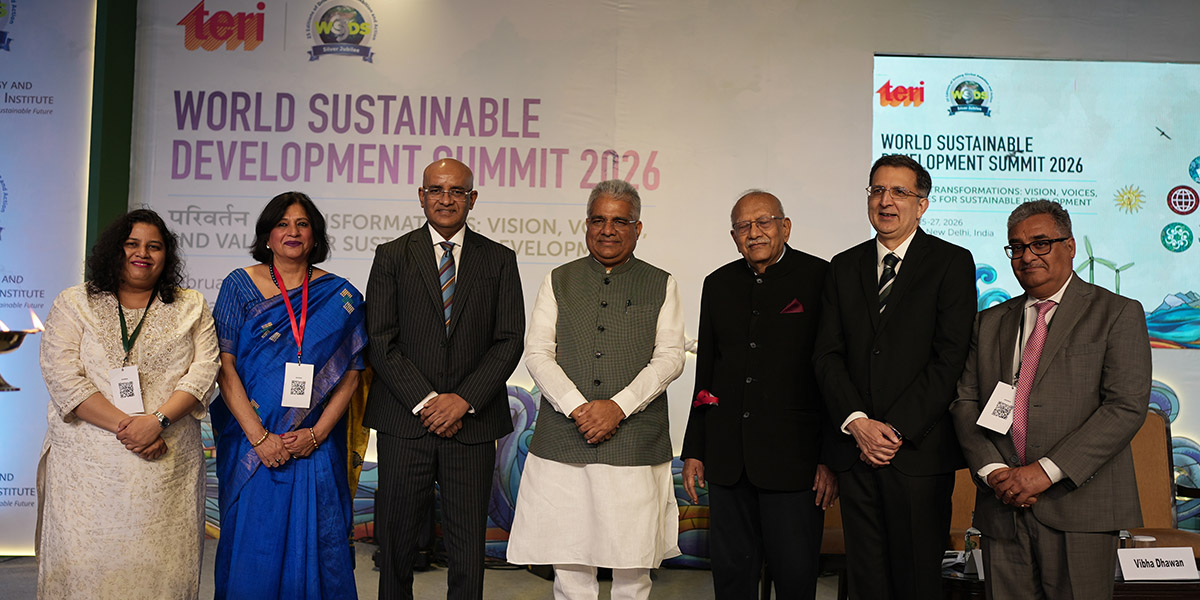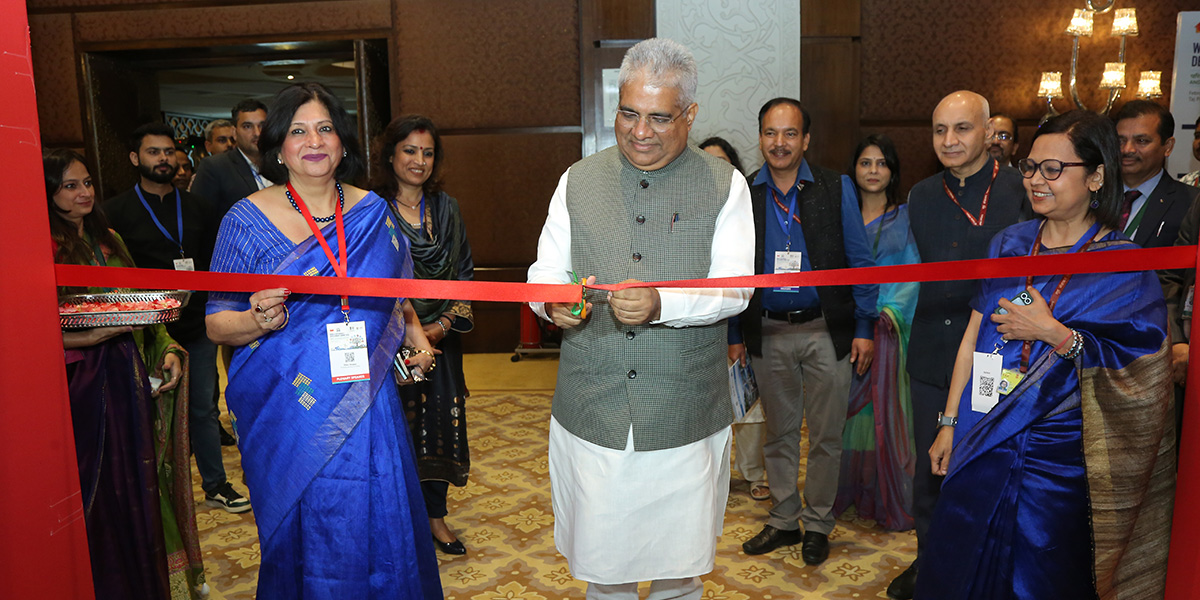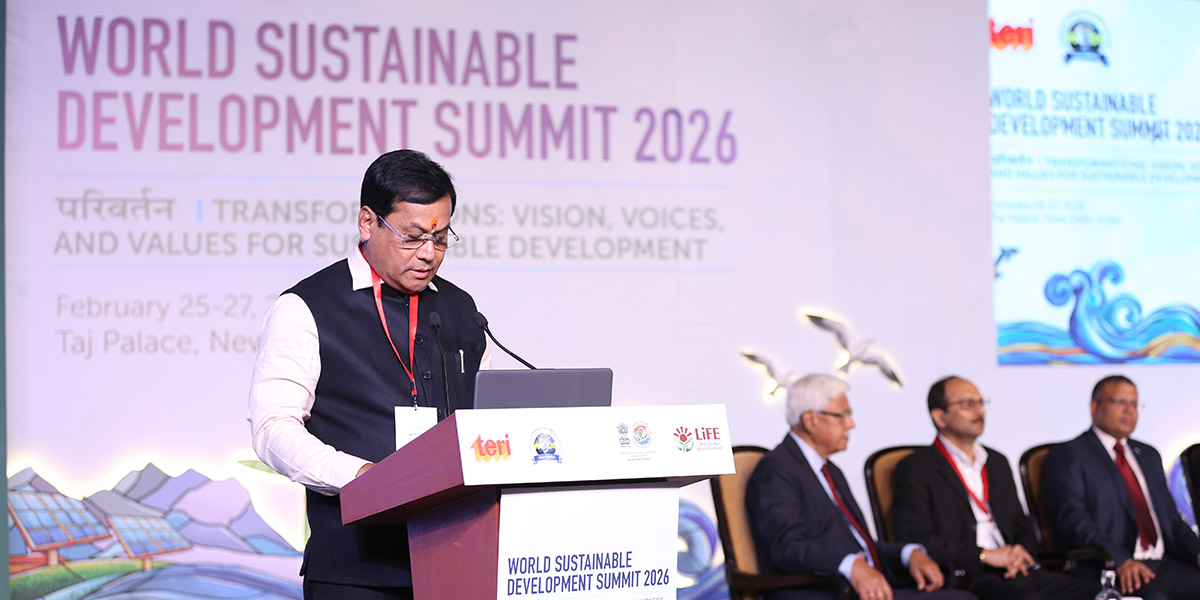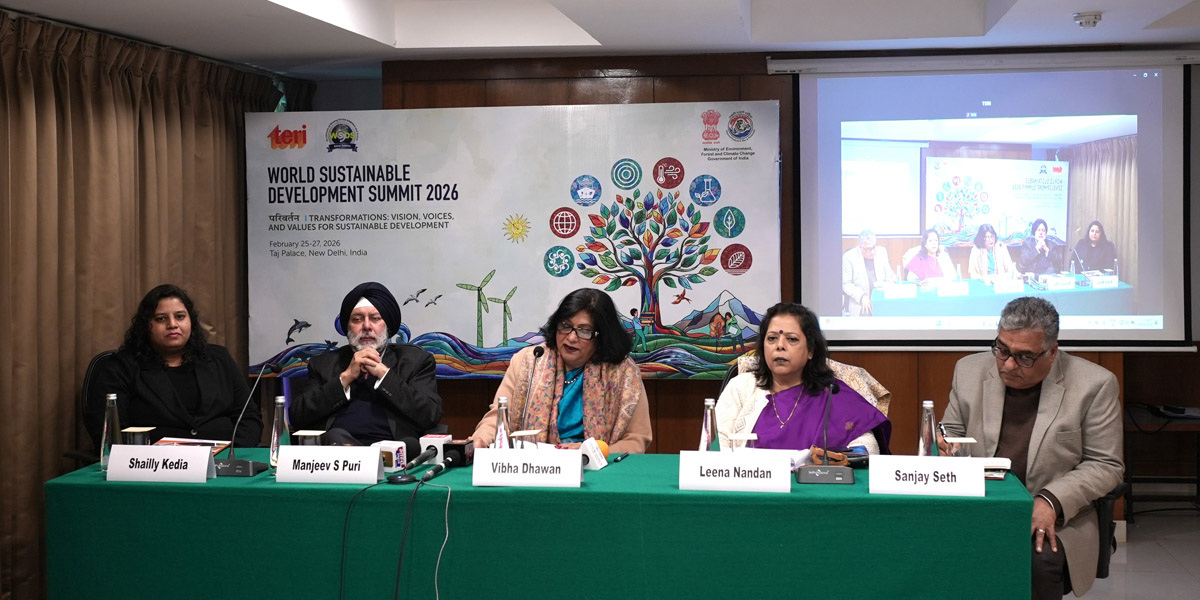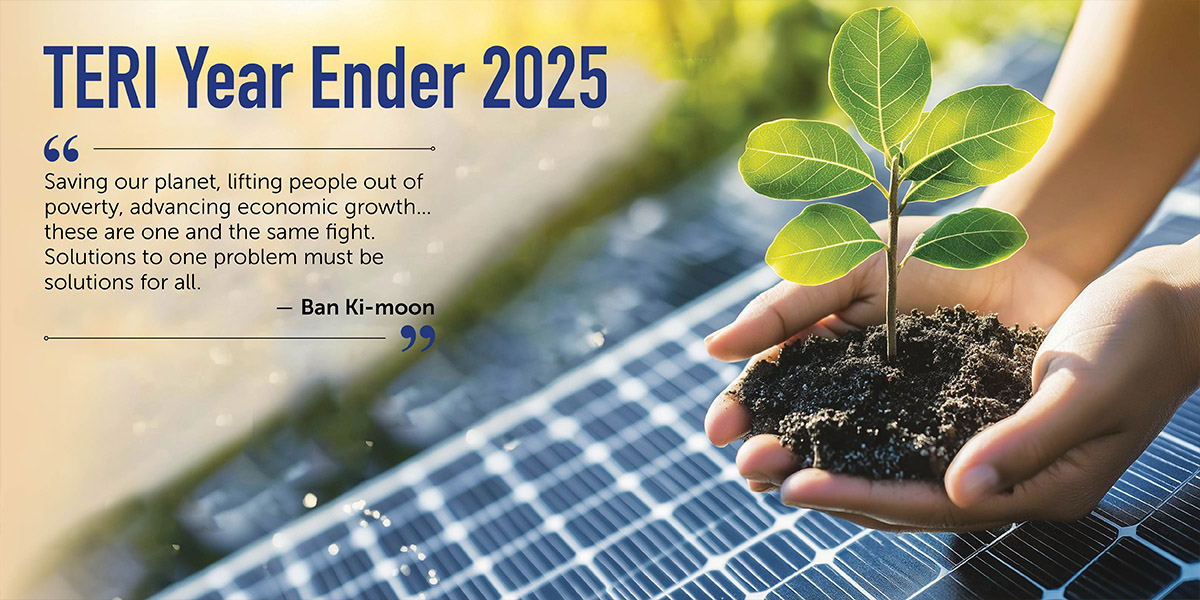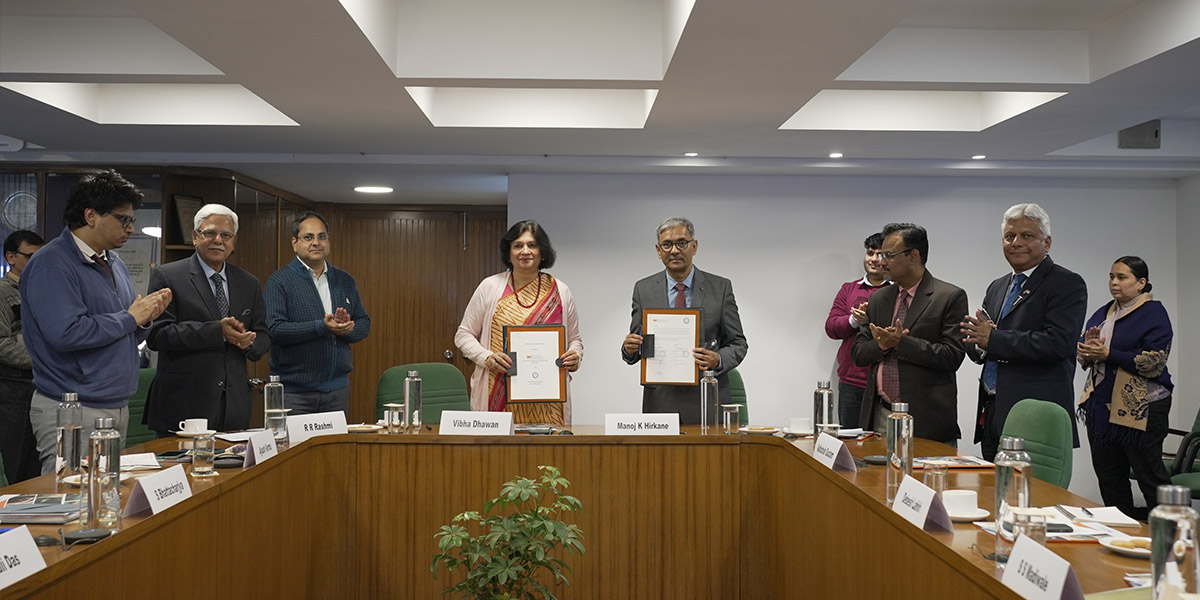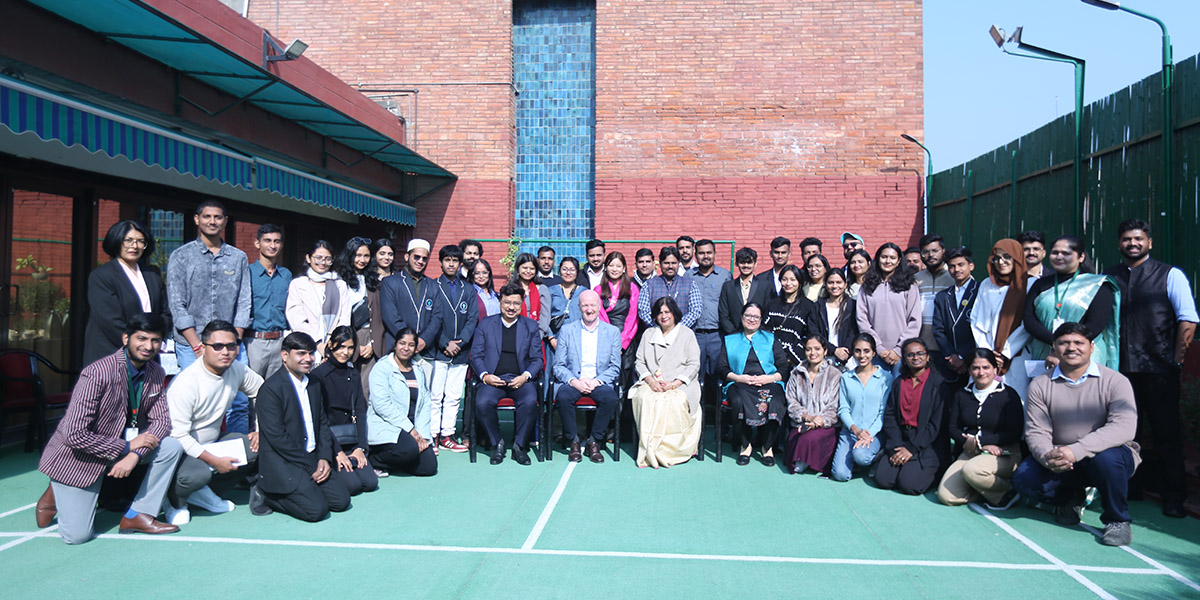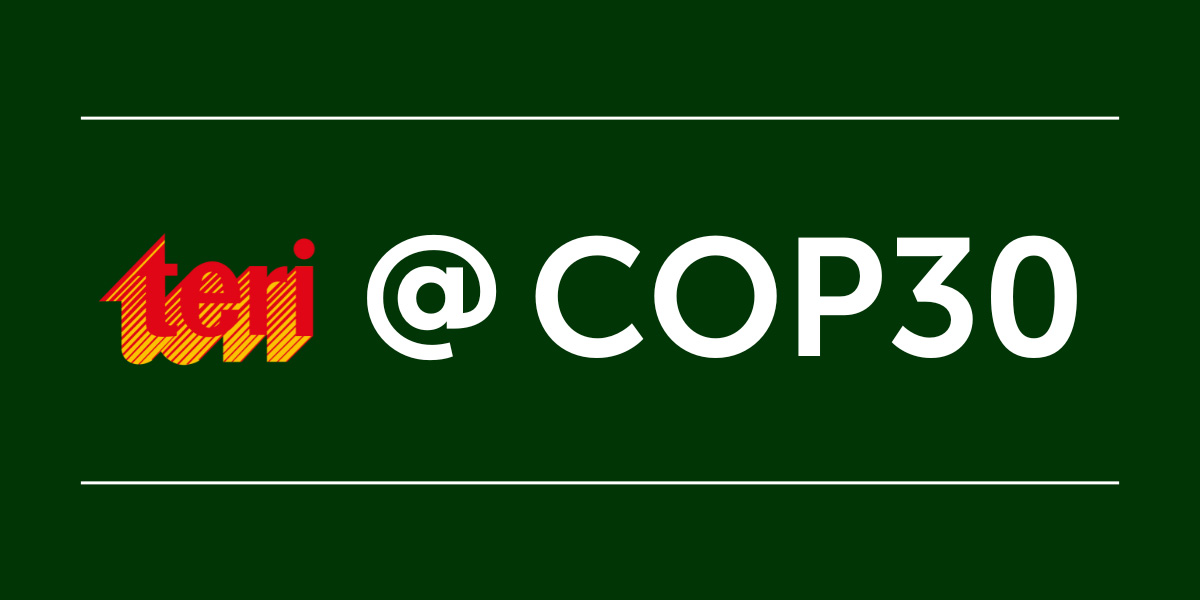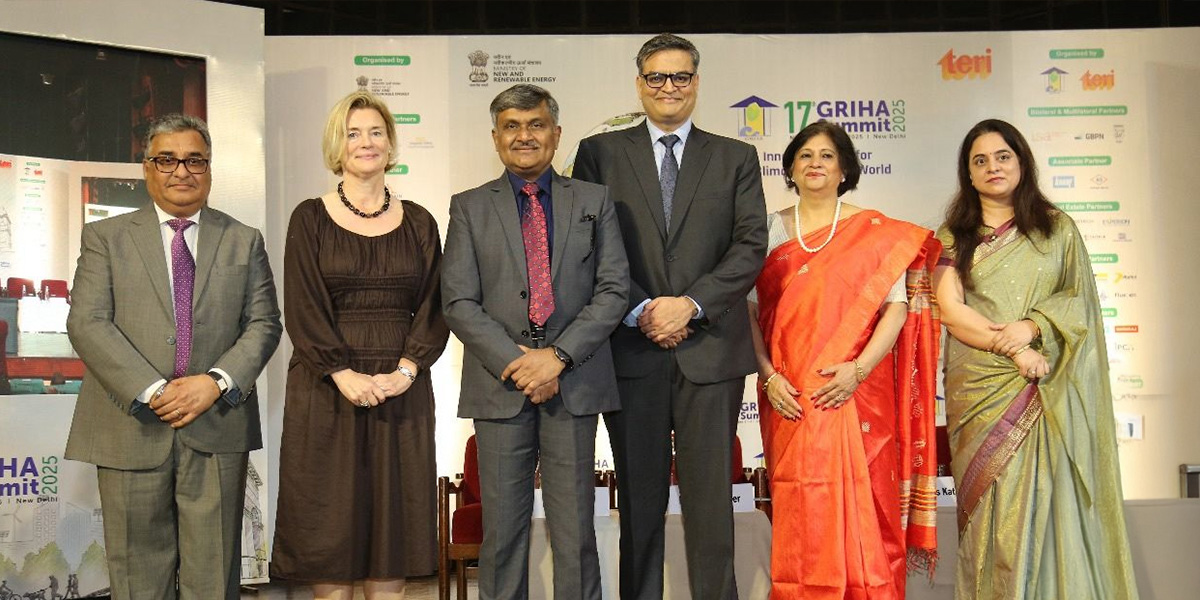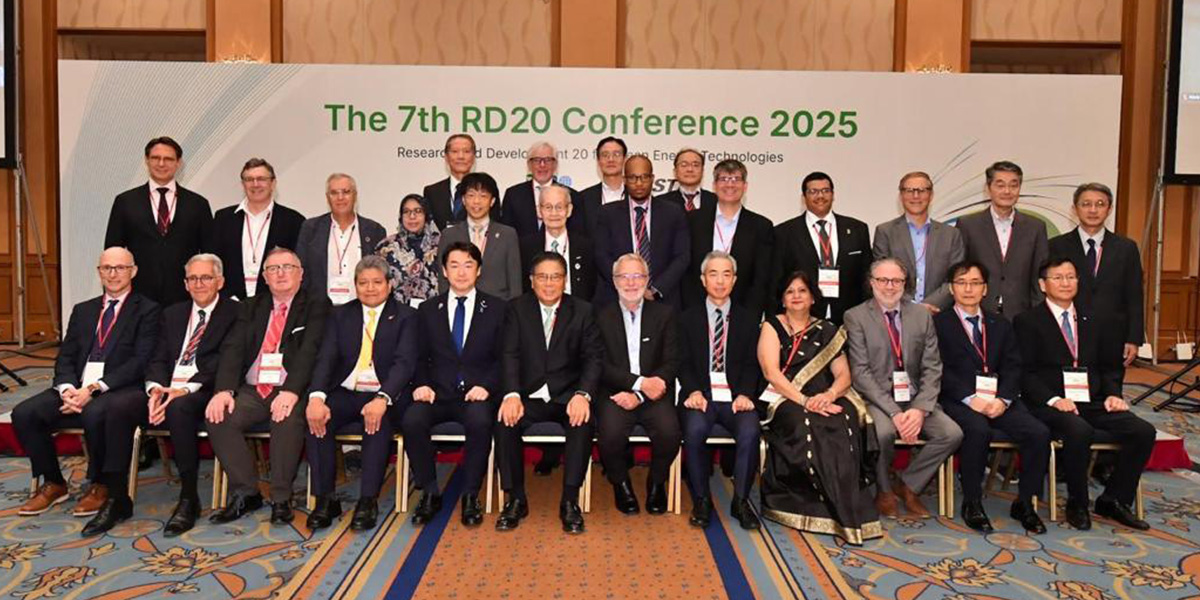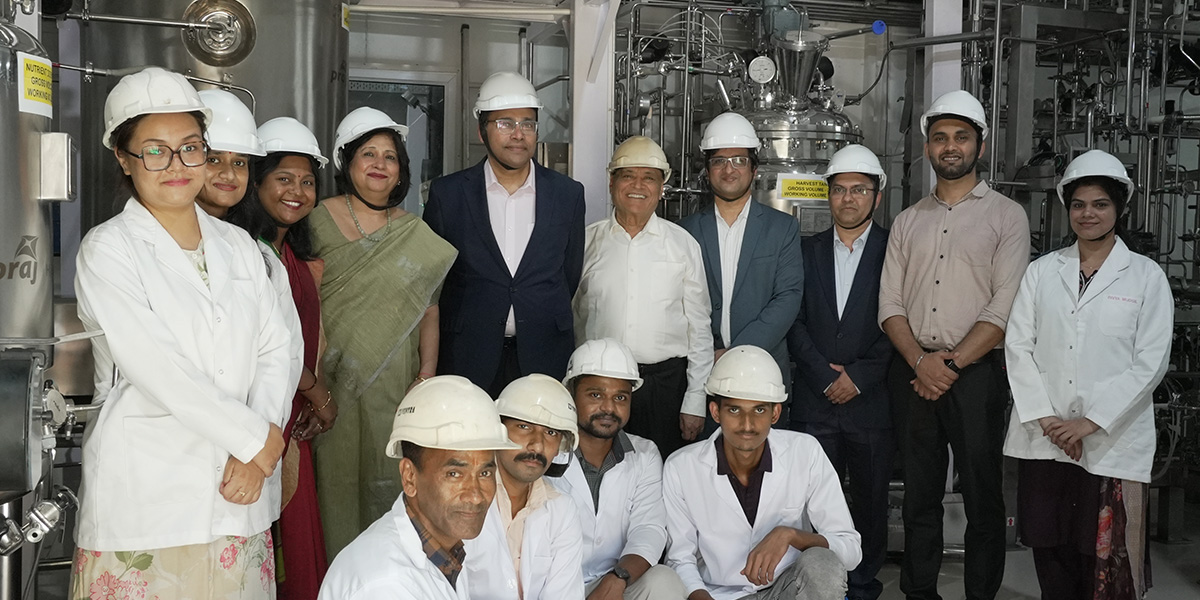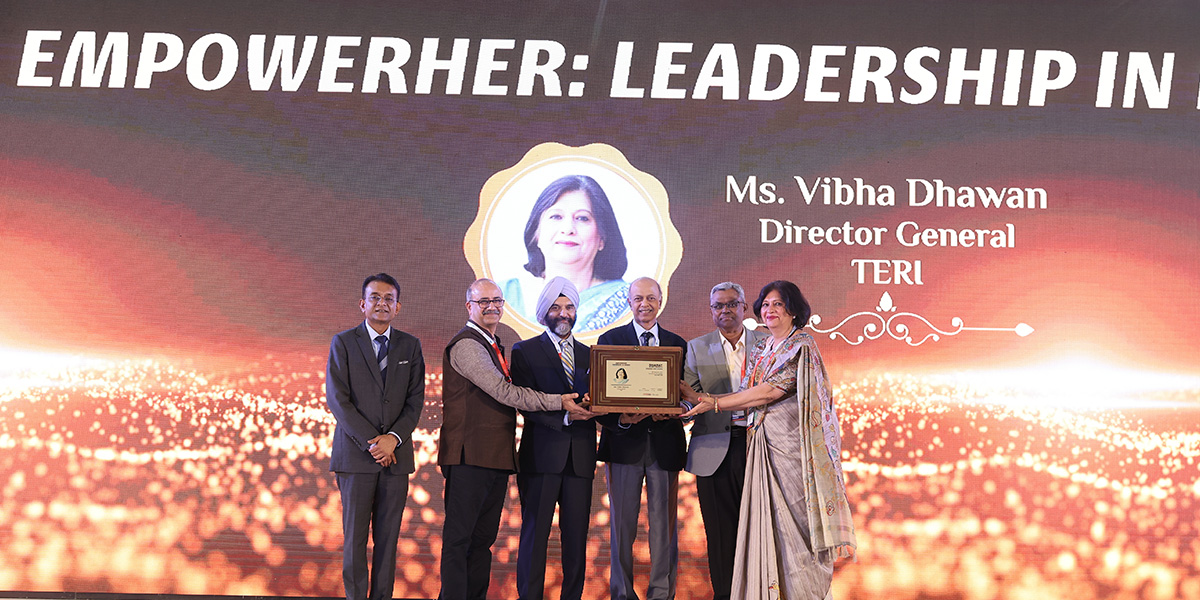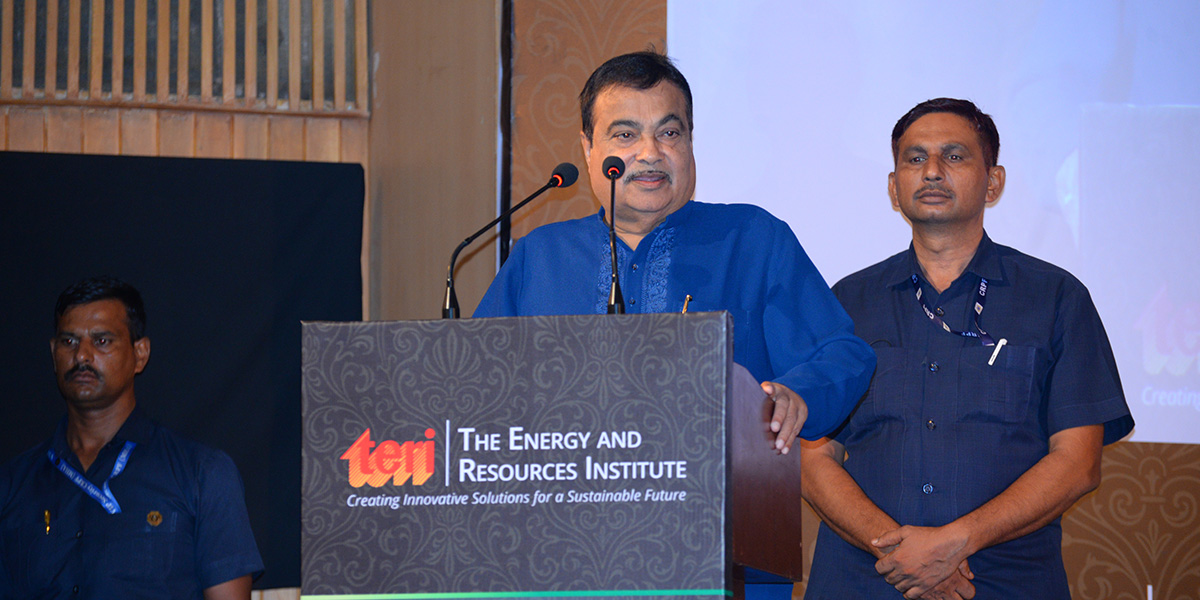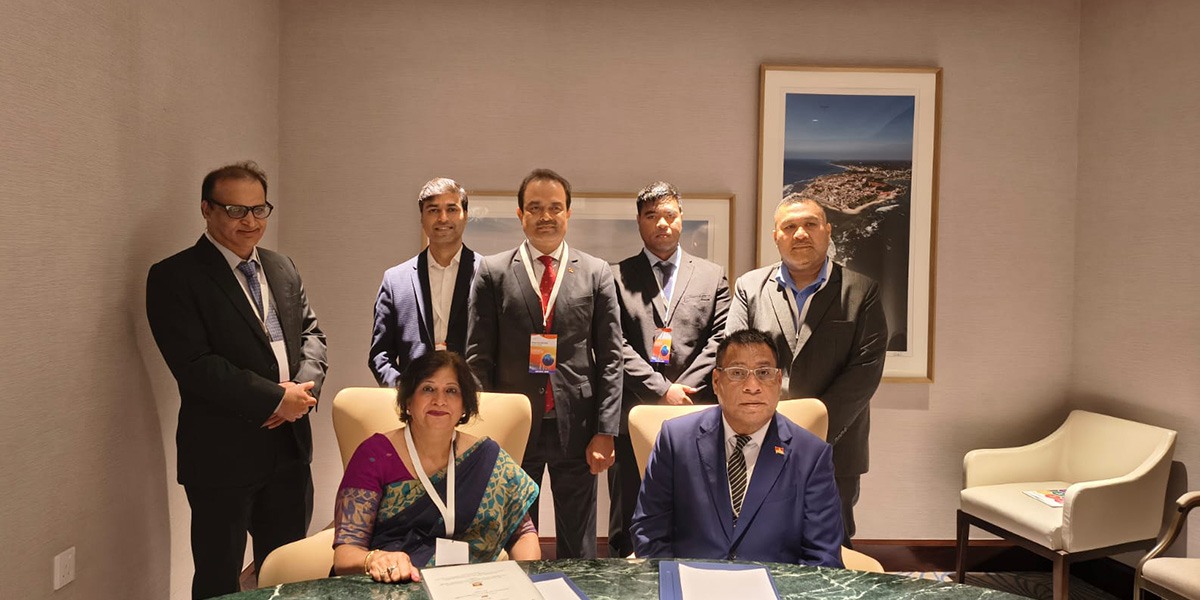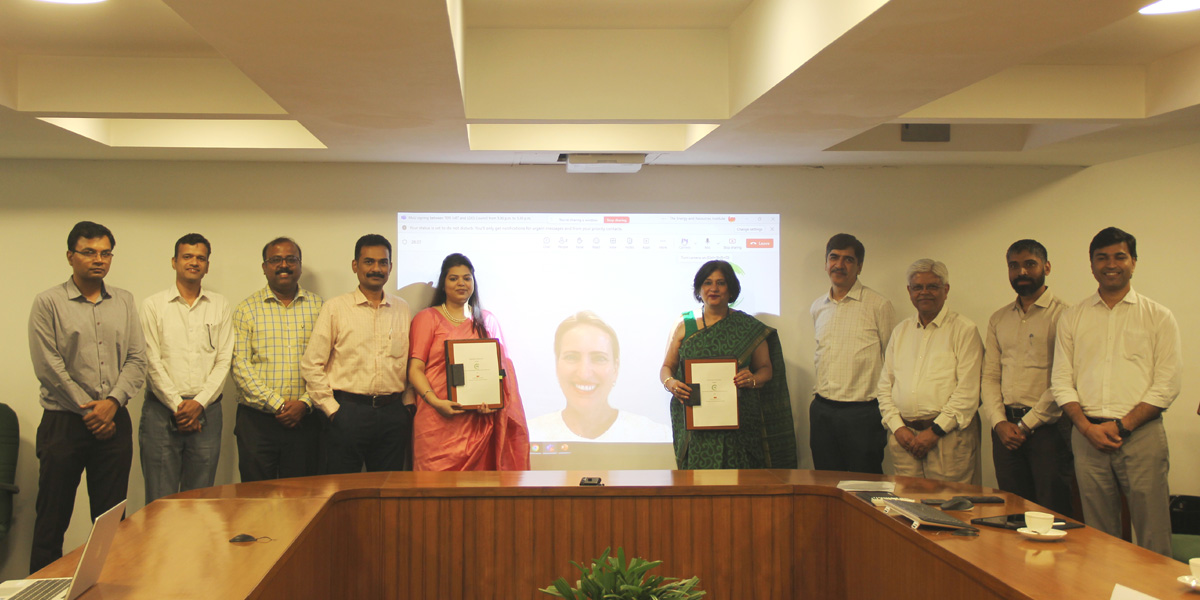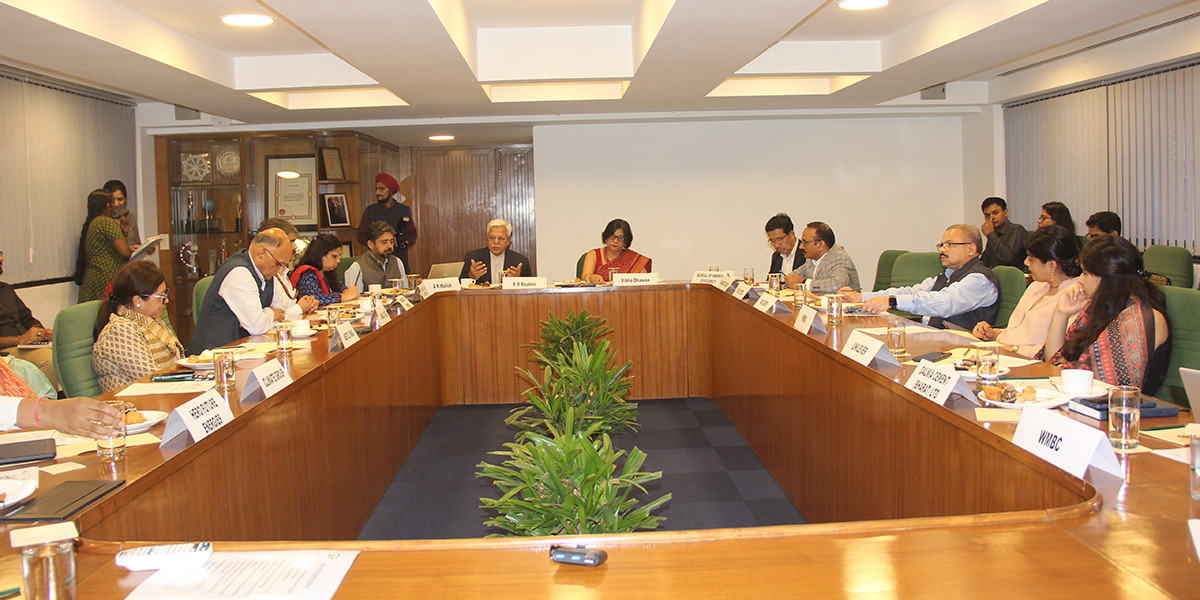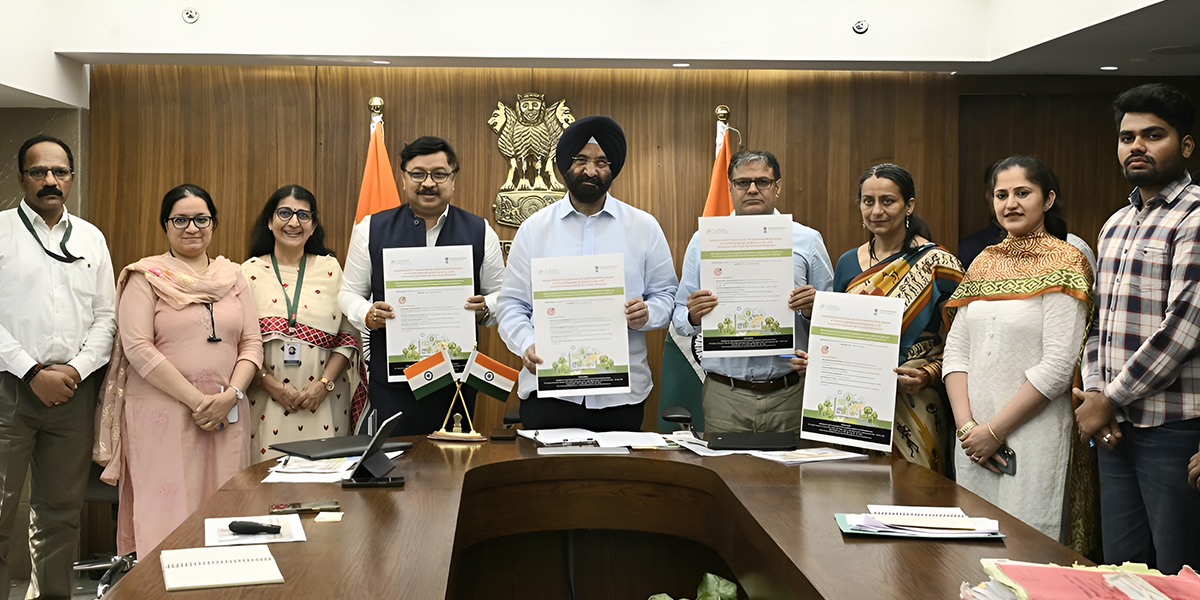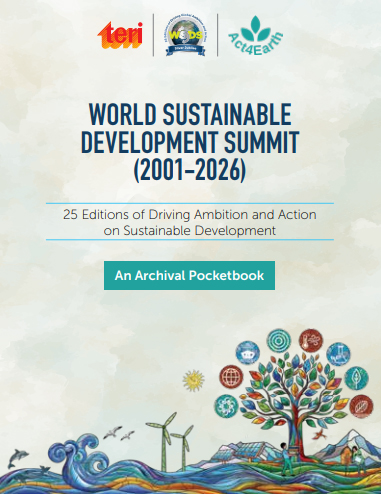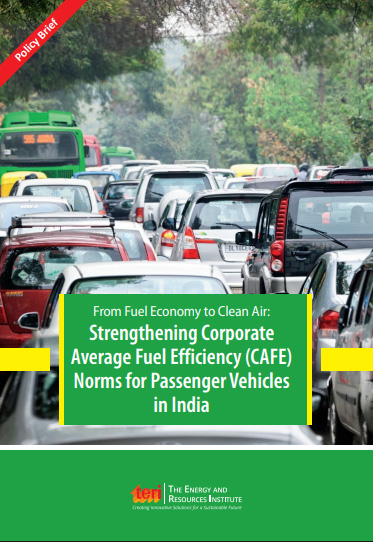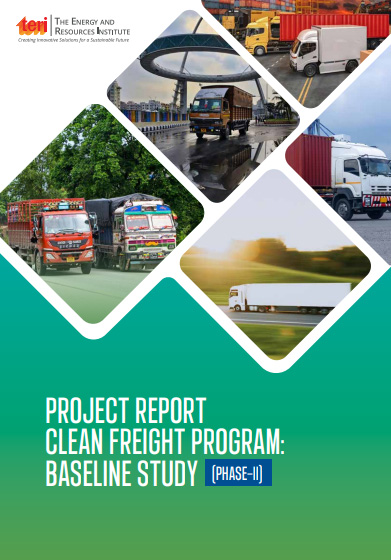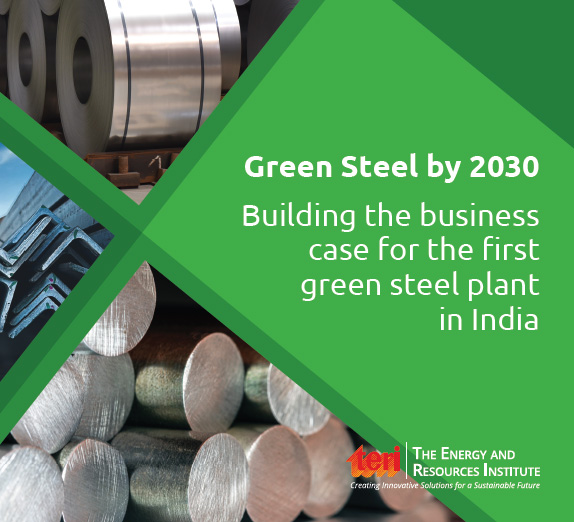Search
In the Spotlight
From Fuel Economy to Clean Air: Strengthening Corporate Average Fuel Efficiency (CAFE)
The Belém Package Recasting Ambition, Equity, and Finance in the Next Phase of Climate Action
We are here to impart relevant and renewed skills that will help unlock the true potential of professionals
Highlights
-
Feb26
WSDS 2026 Thematic Track: Women at the Frontlines of Climate Action, Biodiversity & Land Restoration -Community-Led Pathways to achieve SDGs
Venue : Jehangir, Taj Palace, New Delhi
-
Feb26
WSDS 2026 Thematic Track: Building Demand for Green Steel in India: Public Procurement as a Lever to Accelerate Decarbonisation
Venue : Jehangir, Taj Palace, New Delhi
-
Feb26
WSDS 2026 Thematic Track: Green and Resilient Built Environment for Viksit Bharat – Opportunities and Challenges
Venue : Jehangir, Taj Palace, New Delhi
-

Energy transition hub launched to support coal-dependent eastern, NE states
13 Feb 2026 | The Times of India
-

From Data to Decarbonisation: SFC–TERI Whitepaper Anchors India’s Freight Emissions Accounting
11 Feb 2026 | Global Agriculture
-

TERI WSDS 2026: From Dialogue to Transformation?
09 Feb 2026 | News Click
-

TERI prepares for global sustainability summit
05 Feb 2026 | The Pioneer
Key projects
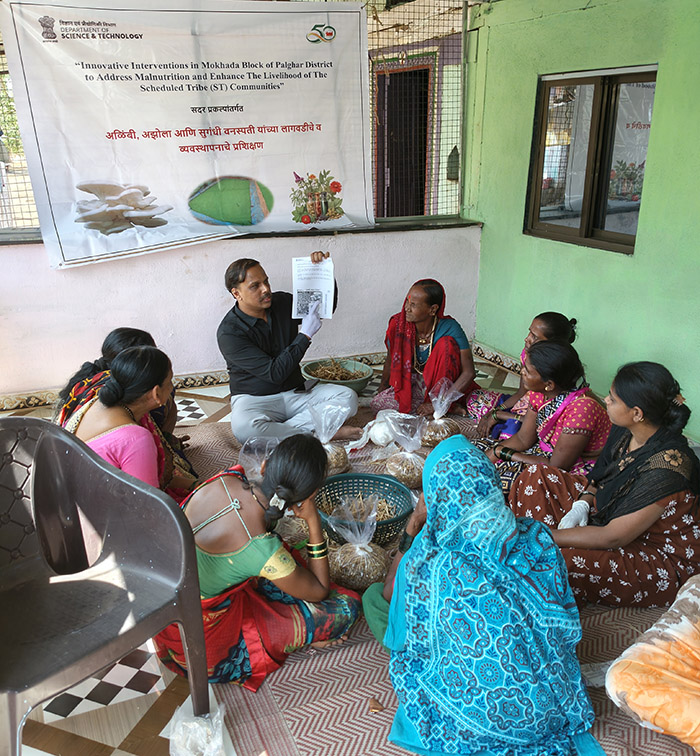
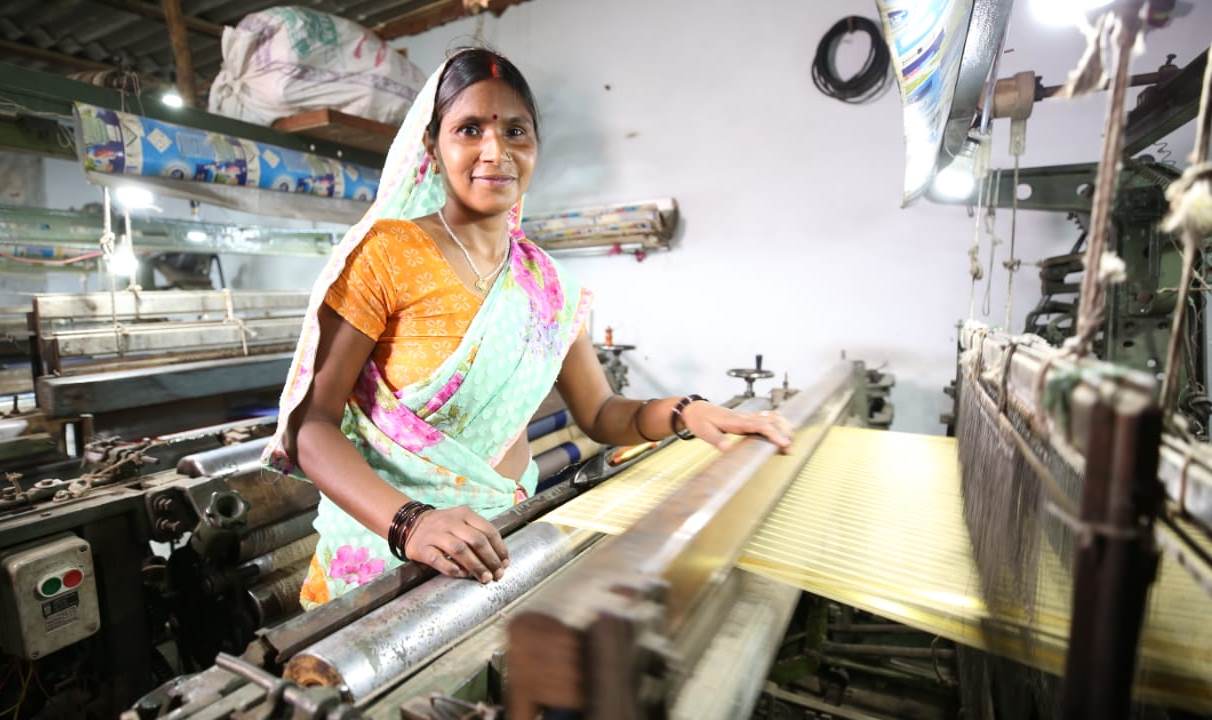

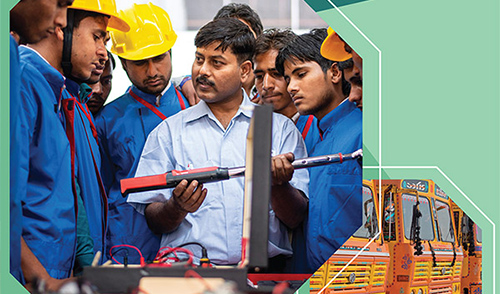
Explore

Did You Know?
India’s wetlands and peatlands span over 15 million hectares and quietly store vast amounts of carbon. When degraded, they turn into greenhouse gas emitters—but when restored, they can deliver climate mitigation, flood regulation, biodiversity protection, and livelihoods, making them a powerful yet overlooked climate solution.
Contact Us
Headquarters
The Energy and Resources Institute (TERI)
Darbari Seth Block, Core 6C,
India Habitat Centre, Lodhi Road,
New Delhi - 110 003, India
Email Us
Call Us
(+91 11) 2468 2100
7110 2100

